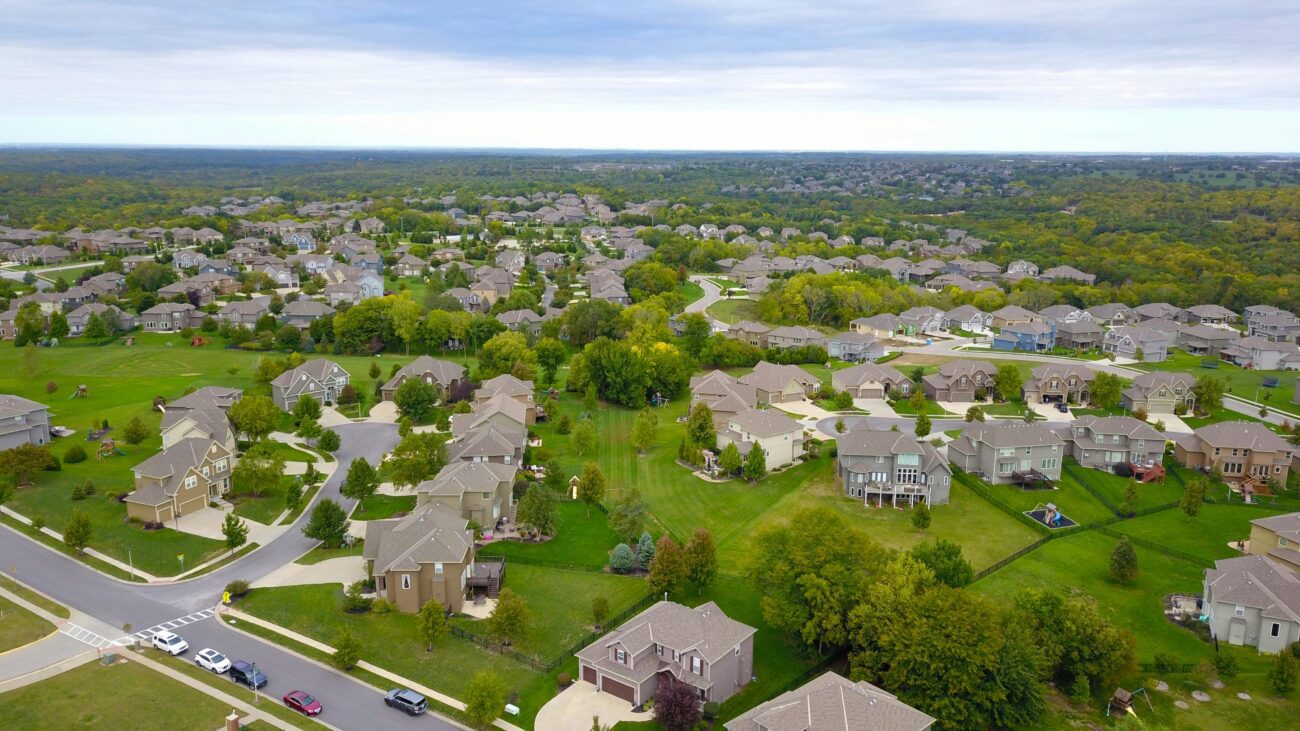If you’re considering a career in real estate in North Carolina, understanding the requirements for obtaining your real estate license is a crucial first step. This guide will walk you through everything you need to know about real estate license courses in NC, from the requirements to the best courses available.
What Is a Real Estate License?
A real estate license allows you to legally represent buyers and sellers in property transactions. In North Carolina, this license is issued by the North Carolina Real Estate Commission (NCREC) and is essential for anyone wishing to work as a real estate agent or broker in the state.
Why Get Your Real Estate License in NC?
The real estate market in North Carolina is vibrant and continuously evolving. By obtaining your license, you not only gain credibility and legal standing to negotiate sales, but you also open the doors to a rewarding career with potential for significant income. Moreover, many regions in NC are experiencing rapid growth, making it a great time to enter the market.
Requirements for Obtaining a Real Estate License in NC
Before enrolling in a course, it’s essential to understand the requirements:
- Age: You must be at least 18 years old.
- Education: A high school diploma or equivalent is mandatory.
- Criminal Background: You must disclose any criminal offenses. Certain felonies may disqualify you from obtaining a license.
- Pre-licensing Education: Completion of the required pre-licensing courses is necessary.
Pre-Licensing Education
In North Carolina, potential real estate agents must complete a 75-hour pre-licensing course. This course covers various topics, including:
- Real Estate Principles and Practices
- NC Real Estate License Law
- Real Estate Math
- Property Management and Investments
- Ethics and Fair Housing
Types of Courses Available
- In-Person Classes: Traditional classroom settings led by experienced instructors who provide real-time interaction.
- Online Courses: Flexible and self-paced, these courses are ideal for busy individuals who need to balance work and study.
- Hybrid Courses: A combination of in-person and online learning, allowing for both flexibility and personal interaction.
Top Real Estate License Courses in NC
-
Kaplan Real Estate Education
- Format: Online and In-person
- Pros: Offers a comprehensive curriculum with video lectures, quizzes, and practice exams.
- Cons: Online format may lack personal interaction.
-
The CE Shop
- Format: Online only
- Pros: Self-paced with engaging content and 24/7 customer support.
- Cons: Lacks traditional classroom mentorship.
-
McKissock Learning
- Format: Online
- Pros: Focuses on practical application, enhancing real-world skills.
- Cons: Some users wish for more live support.
-
Local Community Colleges
- Format: In-person
- Pros: Community-oriented with local instructors familiar with North Carolina’s real estate market.
- Cons: Class schedules may be less flexible.
Completing the Licensing Exam
After successfully completing your pre-licensing course, you must pass the North Carolina Real Estate Licensing Exam. Here’s a breakdown of what to expect:
- Format: The exam consists of multiple-choice questions and assesses both state and national real estate knowledge.
- Scoring: You need a score of 75% or higher to pass.
- Preparation: Consider utilizing practice tests and exam review courses to boost your chances of success.
Applying for Your License
Once you pass the exam, you need to submit an application to the NCREC along with your exam score and a criminal background check. The application fee varies, so check the NCREC website for the latest information.
Continuing Education Requirements
After obtaining your real estate license, you must complete continuing education courses every year to maintain your license. This includes:
- 8-Hour Required Course: Covers updates in NC real estate law.
- Electives: Extra courses can be taken to enhance skills or focus on specific areas like commercial real estate.
Final Thoughts
Pursuing a real estate license in North Carolina can be a rewarding step toward a successful career in a dynamic industry. With the right education and preparation, you’ll be equipped to navigate the complexities of real estate transactions while providing excellent service to your clients.
Make sure to choose a course that fits your learning style and schedule, and don’t hesitate to consult industry professionals for additional guidance. The future of real estate in NC is bright, and your journey begins here!
With this guide, you should have a clear understanding of how to navigate the process of obtaining your real estate license in North Carolina. If you have further questions, reach out to local real estate associations, or consult the NCREC for the most accurate and up-to-date information. Happy learning and best of luck on your journey in real estate!
